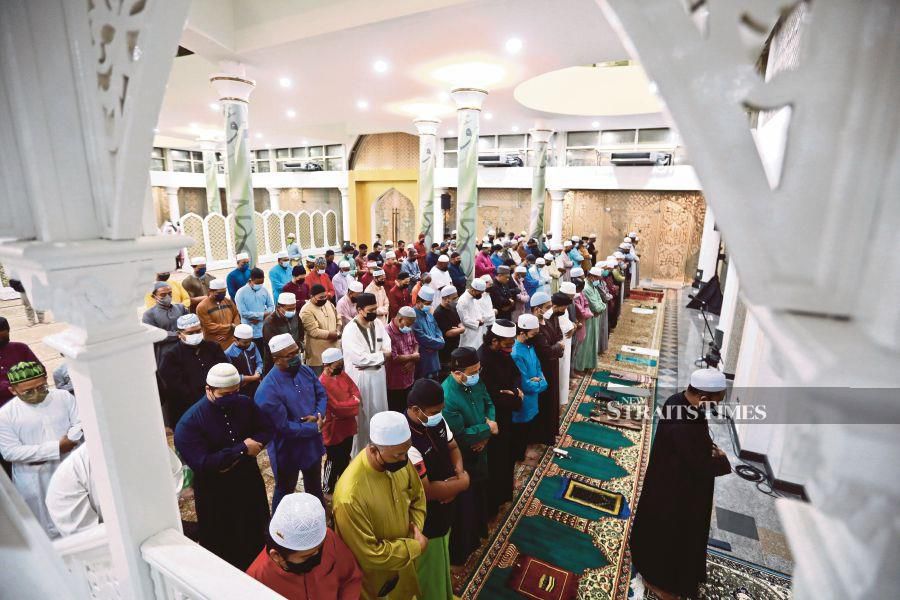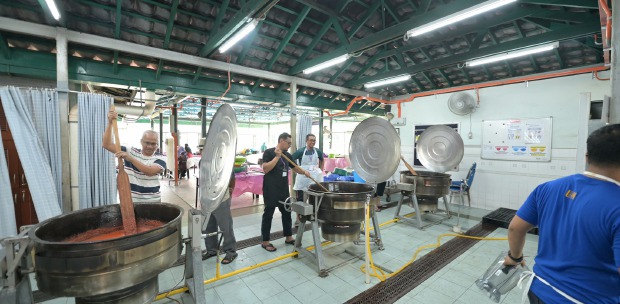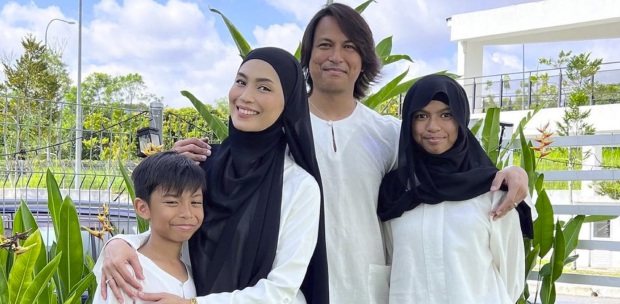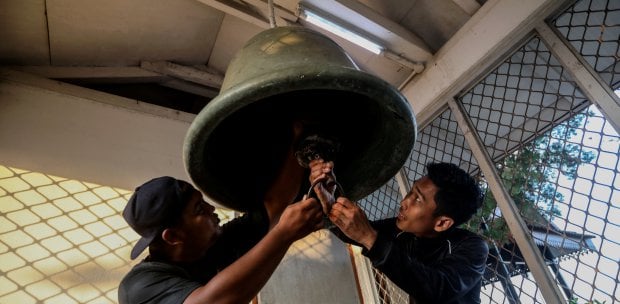Ramadan is a time for Muslims to focus attention on spiritual life. This year, there is an extra special feeling for Ramadan and the Aidilfitri celebration.
The reason is associated with the announcement by Prime Minister Datuk Seri Ismail Sabri Yaakob that Malaysia would transition to the endemic phase and reopen its borders starting April 1.
Muslims who observe Ramadan will be relieved as it allows them to resume lives close to the normal level after two years of fighting the Covid-19 pandemic.
Some restrictions imposed during the pandemic will be relaxed during the transition phase, one of which is related to worship activities.
According to the prime minister, physical distancing rules in mosques and other places of worship would be eased, but only after state religious officials issue directives.
Other than that, all Malaysians, regardless of immunisation status, would be permitted to travel across states.
This would undoubtedly bring joy to all Malaysians, particularly the Muslim population who will be celebrating Ramadan and later, Hari Raya Aidilfitri.
The lifting of the prohibition on worship in mosques and surau allows the Muslim community to perform not only the mandatory worship or the five daily prayers in congregation.
They will be able to break fast with family and friends, perform tarawih prayers, tadarus al Quran, attend Ramadan lectures, qiyamulail and sahur to enliven the mosque and surau.
The easing of interstate travel restrictions is a much-awaited news too. With the move, Muslims should be able to celebrate Ramadan with their families, as they have in the past, especially those in the kampung.
The easing of restrictions, though, should not be a reason to be careless and neglect the need to take precautions to contain Covid-19.
This "freedom" needs to be accompanied by several actions to reduce the transmission of the coronavirus.
The need to observe the new norms remains in place such as wearing face masks in public areas, ensuring cleanliness, including regular handwashing, maintaining one-metre physical distancing, having good ventilation in worship areas, conducting Covid-19 self-tests when symptomatic, checking in through the MySejahtera app and the requirement of MYSJTrace for closed spaces.
These precautionary measures should be taken to reduce the spread of Covid-19 and, hopefully, eliminate it in the future.
It's important to remember that this viral infection is still widespread. The virus had infected over 3.9 million Malaysians up to March 28, 2022. The number of new cases is high, averaging over 14,000 in the last few days.
Although more than 90 per cent new cases involve patients in categories 1 and 2, those over 60 years old, people with comorbidities, pregnant women, and children are all at higher risk, and transmission among these groups must be closely monitored.
Keep in mind that the Omicron variant of the coronavirus is very contagious.
Although this variant causes only minor symptoms, it may have a more serious impact on people who are at high risk. Caution must remain a key priority in our enjoyment of the freedom of prayer and gathering during and post-Ramadan.
Members of the community have become accustomed to self-control in preventing Covid-19 infection after two years of living a life with numerous regulations or following various standard operating procedures.
Because this infection cannot be entirely removed, this practice should be maintained, especially in view of emerging Covid-19 variants like the XE.
Other aspects of life must also be taken into consideration during Ramadan. In addition to obligatory and voluntary ibadah, Ramadan is usually connected with food and preparations for Aidilfitri.
In this sense moderation is key, which means eating and preparing for Aidilfitri should be kept to a minimum. They have become second nature to us over the past two years.
While the Ramadan bazaar continues to attract customers, it is not as strong as before due to concerns over the risk of infection.
Even the preparations for Aidilfitri were modest because visiting family members was not permitted at that time. Therefore, we should be well adjusted after two years of learning to be modest.
Hence, throughout this Ramadan, the message is to be modest in worldly affairs while focusing on mandatory prayer and voluntary ibadah.
In light of a more special celebration this time, isn't this what we've been waiting for the past two years?
The writer is fellow at the Centre for Science and Environment Studies, Institute of Islamic Understanding Malaysia (IKIM)
The views expressed in this article are the author's own and do not necessarily reflect those of the New Straits Times






